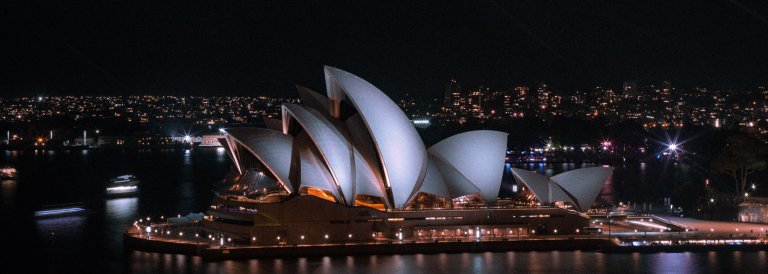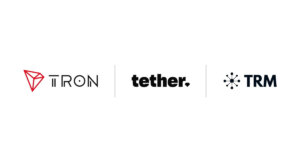 Australian Crypto Exchanges Now Accountable to a National AML-CFT Body
Australian Crypto Exchanges Now Accountable to a National AML-CFT Body Australian Crypto Exchanges Now Accountable to a National AML-CFT Body

Photo by Christopher Burns on Unsplash
Australia possesses one of the most active cryptocurrency user bases in the world today, and as of April 3, all national digital exchanges are required to operate under the regulatory authority of AUSTRAC.
In an attempt to responsibly monitor the movement of alt-assets within the country’s financial channels, all DCEs, Digital Currency Exchanges, are now legally obligated to stay in full compliance with the Anti‑Money Laundering (AML) and Counter‑Terrorism Financing (CTF) Amendment Act of 2017.
As part of the latest regulatory installations, online trading platforms are now required to:
- Declare all fiat transactions worth more than AUD 10,000 to AUSTRAC.
- Report any suspicious money transfers to and from particular accounts.
- Maintain an identification program that allows certain individuals believed to be part of AML/CTF activities to be monitored.
- Keep records on select ‘flagged individuals’ for a defined period of up to seven years.
These measures have been introduced after an intense 18-month consultation with the Australian Digital Commerce Association (ADCA). Loretta Joseph, the chairperson of this organization, had the following remarks:
“The ADCA worked very closely with AUSTRAC to bring clarity and oversight to an industry that needed formal regulation in order to allow industry players to adhere to certain standards. Australia, as a mature market with an innovation-driven agenda can be a clear leader in the responsible adoption of blockchain technology.”
Industry Response
Mark Toohey, Founder & CEO, of an Australian blockchain-based logistics provider TBSx3, welcomed these new changes and added that these developments can help in the rapid maturation of the Australian crypto ecosystem.
He also mentioned:
“It is to the credit of AUSTRAC and the other Australian regulators that they have sensibly set out a compliance path for cryptocurrency exchanges to conduct business. For too long detractors sought to cast doubts over the legitimacy of digital currency. There is no doubt there are cases where cryptocurrency has been used by criminals. There is also no doubt cash has also been used by criminals. It was a fallacy to decry one form of money over another.”
Similarly, Ryan Taylor, CEO of Dash Core, also lauded the government’s effort in introducing more transparency within this sector. However, he did add that until the new rules are implemented, it would be best for everyone to reserve their judgment on this matter.
Joseph Weinberg, Chairman of Shyft, echoed a positive sentiment and added:
“This is an important step because most Western countries and crypto ecosystems within these economies are still waiting for formal direction and how we regulate ourselves. These guidelines present a new level of clarity that is critical for any such market to achieve maturity, advancement, and growth.”
Moving Forward
In the wake of all this, Australian DCEs Independent Reserve and Coinspot have been the first to register with AUSTRAC.
The decree mentioned above requires all crypto trading platforms to register with the government body by May 14, 2018.
While it remains to be seen how the Australian crypto market evolves from here, such regulations were definitely needed within the financial framework of the country.



 CryptoQuant
CryptoQuant 




























































































